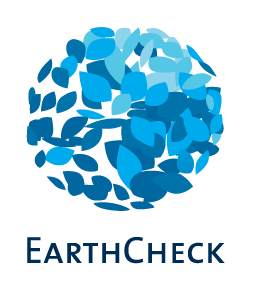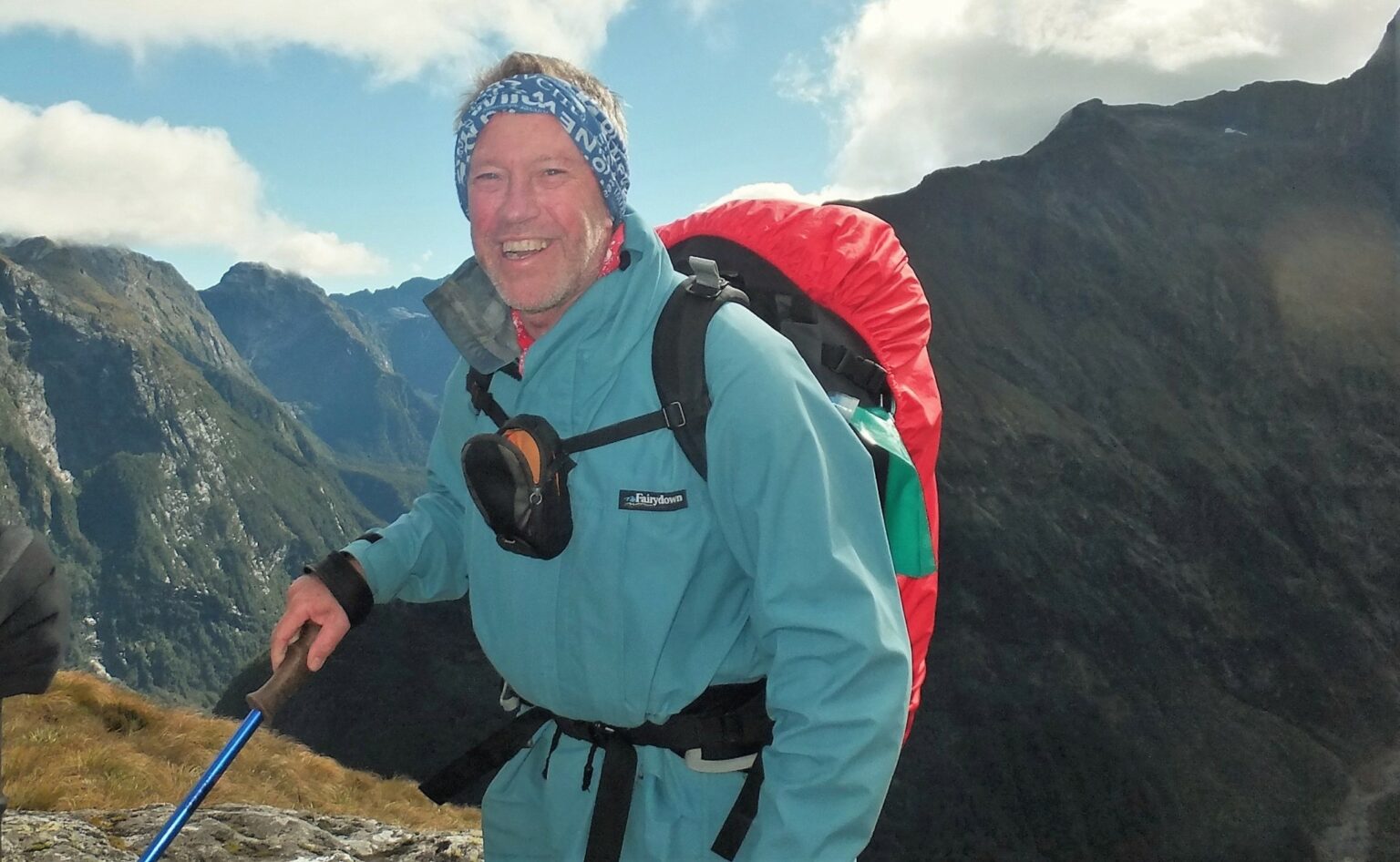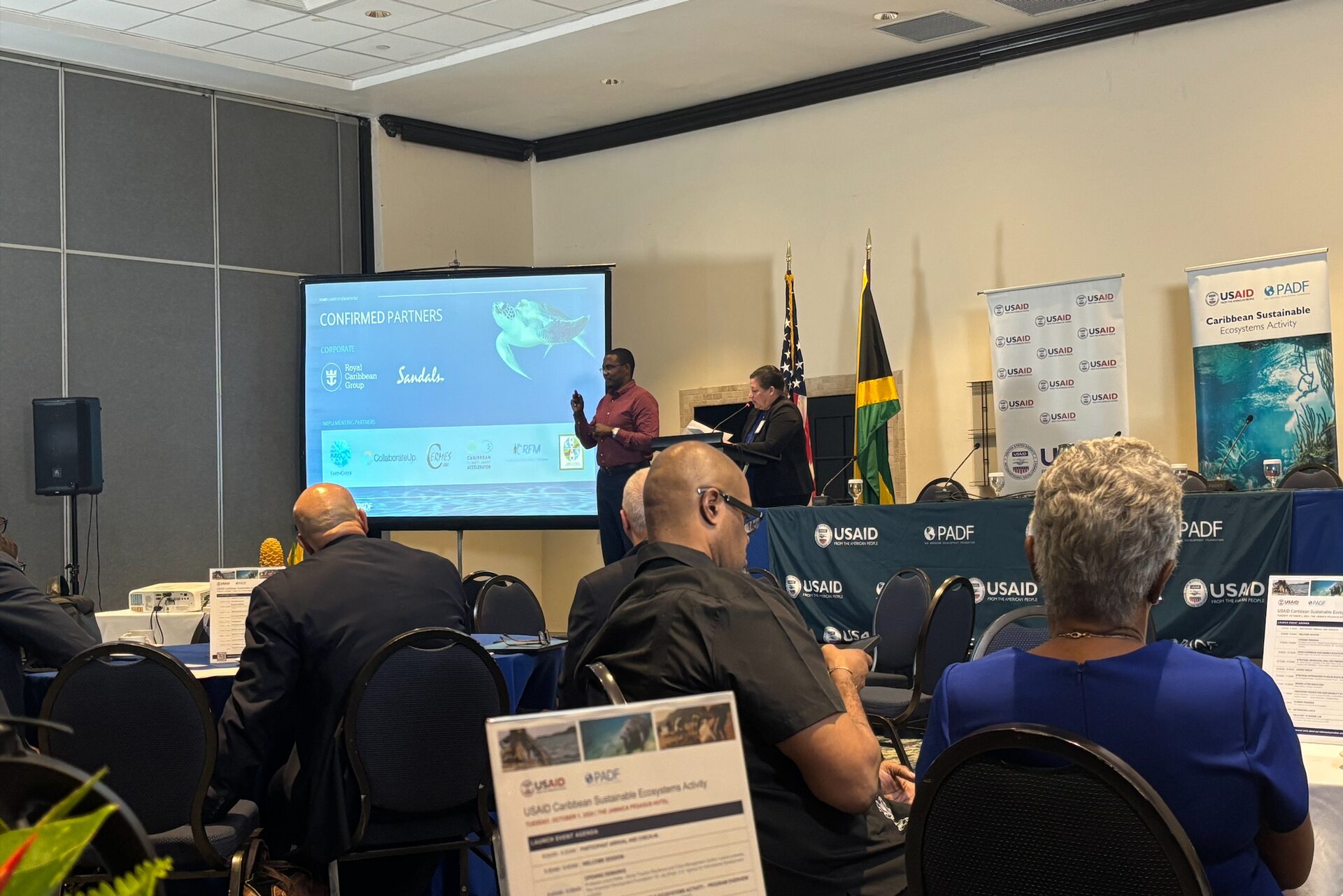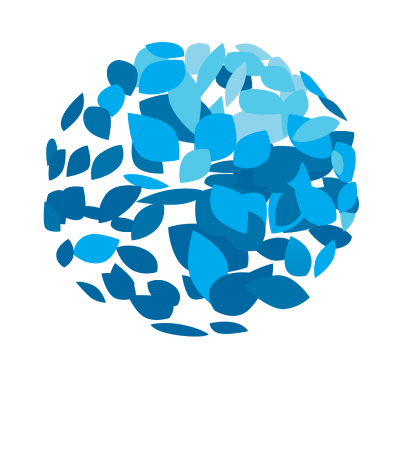Observations from Prof. Emer. David Simmons, Chair of the EarthCheck Research Institute.
COVID has shaken the world. Human existence, food security, supply chains, and all human endeavours, including living conditions and tourism, have been challenged.
COVID has given destinations a breathing space to hit the reset button in their sustainable tourism policies. Tourism planners, managers and scientists are asking what technologies, methods, and regulations are being used today, which could be examples for destinations around the world?

Numerous forms of “re-thinking” tourism and its purposes have been proposed. Slower, more purposeful tourism and ensuring that tourists pay their fair share of the direct and indirect costs it generates are under consideration in numerous jurisdictions. For tourism, important new paradigms, including restorative and regenerative tourism, need to be seen in the context of longer standing sustainability initiatives. These, in turn, must sit within the broader context of all human activity and speak to more overall sustainability goals.
At the destination level, there is an increased focus on destination management and the integration of tourism with local development and wellbeing agendas. At the core of this are important questions about the key indicators to measure tourism’s impacts. Against this backdrop, we question whether EarthCheck’s initial criteria and core indicators still serve to offer direction, support and implementation pathways for the future of tourism.
The sustainability agenda
Sustainability is an enduring goal. Anthropologists and human ecologists argue that the enduring tension for the human species is learning and adapting to live “within the grain of nature” [1]. As technology has progressed this challenge has become more difficult as human manufactured devices and organisations have led to increased buffers against direct environmental feedback that had previously shaped human behaviour[2].
Following the Brundtland (UN commissioned) report “Our Common Future” sustainability became a clarion call across all resource sectors including tourism. Many would argue that this has become a rhetorical term and has failed to attract real attention.
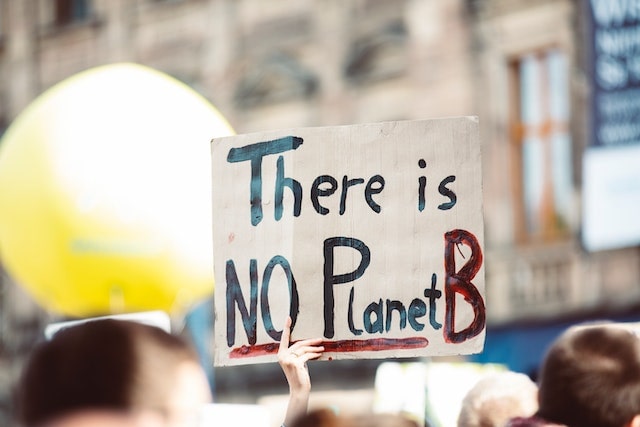
“Signalling a climate emergency is one thing, committing to action and having a plan is another.”
Emeritus Professor David Simmons, Chair EarthCheck Research Institute
Notwithstanding as the human induced environmental pressures have become more pressing the existential goals of living ‘within planetary boundaries’ has been manifest in ways that focus on the need to “restore” past damage, and beyond that to “regenerate” natural systems. It would be easy to get lost in the language of – sustain: restore: regenerate – save to note that these are largely expressions of the need to draw only on a sustainable harvest of natural capitals with opportunities to step beyond immediate needs and give back to (restore) natural capital and eco-system services.
Over time there has been an increasing focus on human-centred pressures – especially as the global community continues to seek greater equity in development. There are also a number of commentators who argue that biodiversity and human development goals are the ‘iceberg’ sitting below the current climate crisis[3]. Underpinning this is the pressing need (heightened by the ongoing COVID pandemic) to rebuild human – environment relationships – and reaffirm the anthropological paradigm that humans exist and progress by living within nature’s limits, rather than dominating them. It is these broadening goals that now need to be checked against EarthCheck indicators.
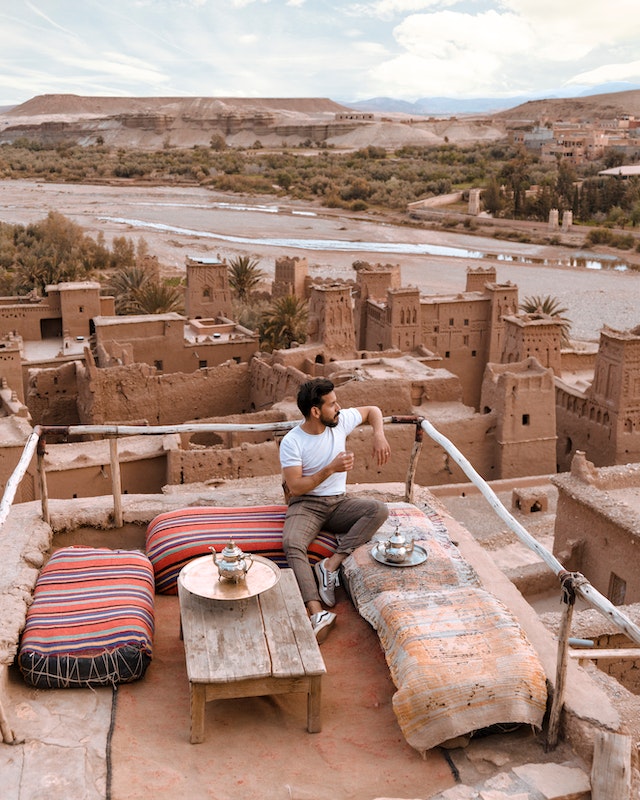
In an important sense (and the COVID pandemic has demonstrated this) tourism is but one sector within a larger socio-economic context. Tourism’s goals are now being challenged to address steps beyond sustainable harvest – to ‘giving back’ (restoring or regenerating) in environmental and social dimensions. Tourism is uniquely placed to advance this goal. Rich natural and cultural experiences, grounded in the nexus of people and places, withing a framework of a ‘duty of care’ befitting host – guest relationships can be the cornerstone of a more purposeful tourism experiences.
Two major influences on travel behaviour
Two constraints to tourism activity have emerged throughout the pandemic as significant influences on travel choice and tourist behaviour.
The first is “health and safety”. COVID and its variants have had a marked effect with age. The risk for severe illness with COVID-19 increases with age, with older adults at the highest risk. As late as November last year, the WHO advised against international travel for some over 60’s due to Omicron [4]. Over the past decades, seniors have emerged as a significant market, with European travellers aged 65 or over accounting for nearly 1 in 4 tourism nights for private purposes spent by EU residents in 2019, while people aged 55+ accounted for 41% [5].
In advance of this trend, EarthCheck worked throughout 2020 to produce a health and hygiene program to stand alongside its other initiatives. Importantly “EarthSafe” is provided free of cost to the global tourism industry to offer a standard approach to establishing standards and verification for visitors’ health and hygiene.
The second is the carbon-constrained global economy and tourism’s role within it. During the pandemic, many travellers were restricted in their overseas/transborder travels. As the pandemic endured, significant improvements were reported in tourism’s environmental footprint (OECD May 2021) [6], especially those recorded in GHGs (Greenhouse gas emissions). The November 2021 Glasgow IPCC/COP tourism declaration [7] was developed through the collaboration of UNWTO, the United Nations Environment Programme (UNEP), VisitScotland, the Travel Foundation, and Tourism Declares a Climate Emergency. In March this year, the IPCC released its sixth report, Climate Change 2022 – Impacts, Adaptation and Vulnerability. A high-level summary of the findings – signed off and approved by representatives of the same 200 governments – ended with a sharp warning: “Climate change is a threat to human well-being and planetary health. Any further delay in concerted, anticipatory global action… will miss a brief and rapidly closing window of opportunity to secure a liveable and sustainable future for all.” Importantly the reports recognise that ‘human ingenuity cannot get us out of the suffering’ arising from climate change and weather volatility. Tourism is being called to account and must rapidly adapt to address its resource impacts.
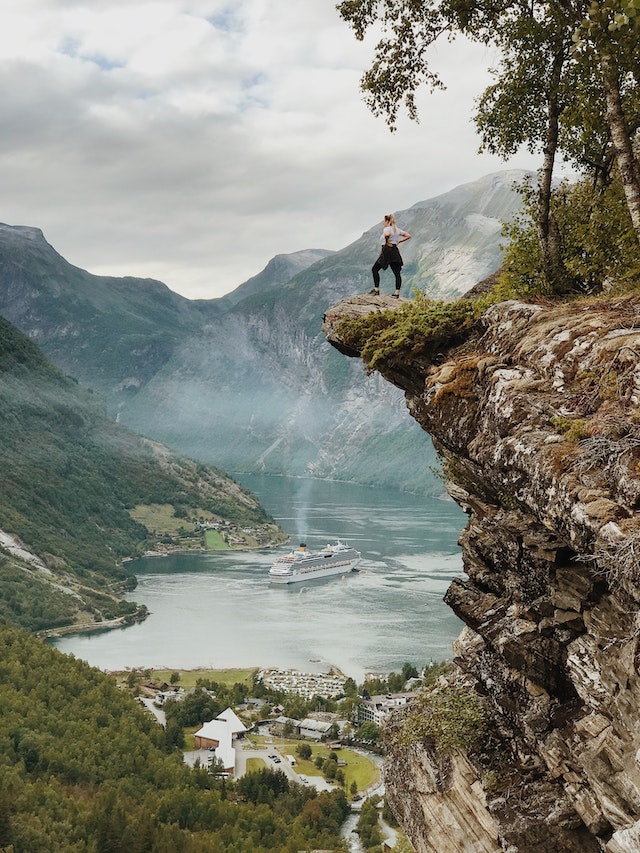
The signatories of the Glasgow Declaration agree on five shared pathways to ensure climate action is aligned across all of tourism sector: Measure, Decarbonise, Regenerate, Collaborate, Finance. The primary objective is to ‘raise the climate ambition of tourism stakeholders and secure strong actions to support the global commitment to halve emissions by 2030 and reach Net Zero as soon as possible before 2050’. Many readers will recognise that these have been long term components of the EarthCheck Certification platform.
Emerging travel patterns
New patterns of travel and tourism emerging. Curiosity, exploration, delight and novelty are essential parts of the human spirit. Explorations out of our home environment – for whatever purpose, duration and range are now well profoundly embedded as part of modern society. As discretionary activities, some key dimensions of leisure and tourism are emerging:
A resurgence in domestic travel. Travel has not stopped. In fact, in many regions and countries, a significant proportion of funds previously used for international trips has been redirected towards domestic travel. Important among travel motives are reconnecting with one’s home country and visiting friends and family.
Vaccine passports. Vaccine passports, also known as digital health passports, can act as digital proof of vaccination against COVID-19 and other coronavirus test results or health waivers. While currently not officially a travel requirement, vaccine passports are potentially on the horizon and could significantly impact travel. They are most likely to be in place for cross-border and long-haul travel.
Increasing connectivity with and concern for nature. Related to the above is a commonly reported desire to connect with nature for many re-connect. There has been growing interest in the relationship between regular contact with nature and human wellbeing. This has been exacerbated during various lockdowns and travel restrictions. Multiple agencies from the World Bank[8], the British medical journal The Lancet[9], and Canadian doctors (now able to ‘prescribe visits to national parks[10]) are formally recognising this input to our wellbeing.
A stronger focus on sustainability (not just in tourism – but in everything we do). The COVID pandemic has given time to pause and reflect – especially on the pressures humans push onto our natural environments. Tourism has long spoken of various pathways to sustainability. The current conversation is spilling over into all aspects of human endeavour: agriculture, aquaculture, forestry, transport and distribution systems. As in the past, the tourism sector can take a leadership role in these endeavours.
Extended length of stay. The increased risks, perceived and real, of travel, have also resulted in various forms of slower travel. This decreases the risks of crowded transfer points and allows for greater immersion in destinations. If travel prices increase, fewer trips with more extended stays are likely. As people followed stay-at-home orders and quarantined themselves, many developed what is known as “quarantine fatigue,” or exhaustion associated with the restrictive lifestyle. This is further exacerbated by the closure of offices, schools and daycare facilities. As the pandemic reduces, more and more people are deciding to venture out and travel to fight quarantine fatigue.
Taken together the above are indicative of a focus on what it means to be a “good tourist” and “good corporate citizen”. It also indicates a shift to the need to inject ‘quality’ back into the tourism experience – at all the industry touchpoints.
The philosophies and practices of tourism have continued to evolve. Alongside a clear focus on sustainability (a sustainable harvest from ecosystem services), more contemporary expressions have focussed on more active contributions from tourism towards development goals to restoring past damage with further aspirational goals to the regeneration of eco – and socio-cultural services. These variants inevitably draw on the same compass bearings as sustainable tourism across the four (natural) capitals: environmental, social, cultural and economic. However, they do come with the promise of more demanding standards over time.
EarthCheck’s programs are based on a small but manageable set of core indicators. These attribute directly to the principles set out in Agenda21 and its subsequent evolution into MDGs and SDGs (Agenda 2030). With this in mind, the EarthCheck Research Institute has reviewed its core indicators. From their origins as a response to Agenda21, these have been found to still have strong relevance for Agenda 2030 (as expressed in the UN’s SDGs). Sustainability is an enduring goal, and the review has found that the original indicators still have strong relevance. Climate Action and a greater focus on human outcomes have emerged as shared goals. EarthCheck’s benchmarking and certification indicators are well attuned to these needs. Within the EarthCheck platform, each of the 10 core business KPAs speaks to at least one of the UN SDGs.
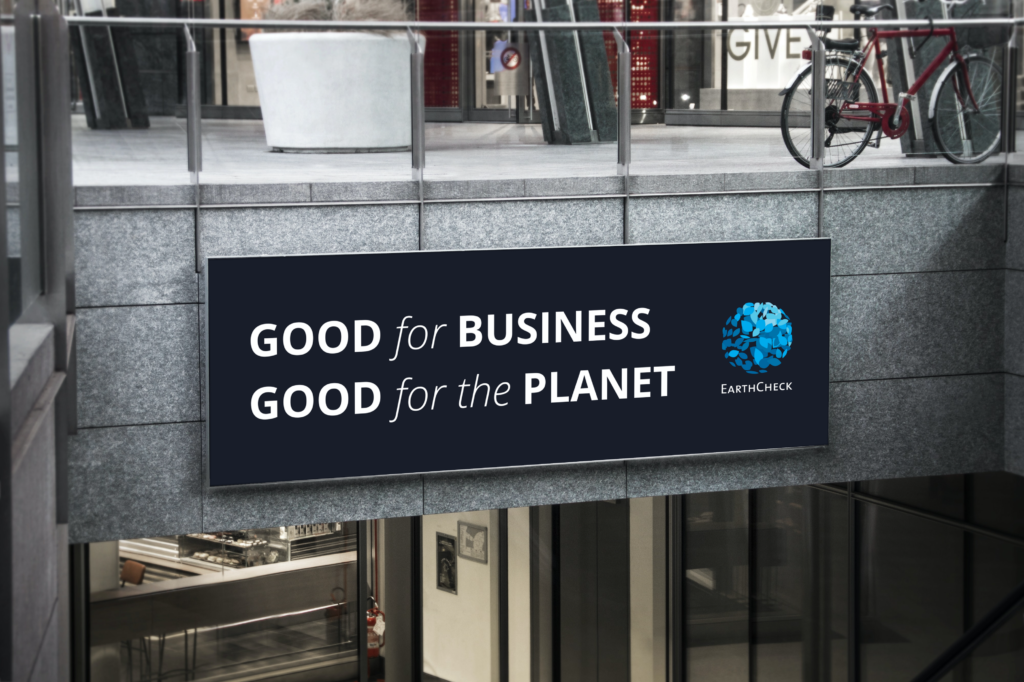
The EarthCheck framework has retained its strong focus on energy use and emissions management in keeping with the Glasgow Declaration. However, the current global focus on ‘climate change’ should not overshadow other pressing anthropogenic pressures such as biodiversity loss, population pressures increasing inequalities within and between nations, and the current COVID biological pandemic.
Let us know what you think.
For more information on how our programs can support your destination or business meet the needs of a post-COVID world please email info@earthcheck.org
References
[1] Reader John, (1988) Man on Earth, Penguin Books, London
[2] Duncan O, 1969 From Social System to Ecosystem. January 1969 Sociological Inquiry 31(2) 10.1111/j.1475-682X.1961.tb00518.x
[3] Spellerberg I (2010) ‘Never mind climate change what about biodiversity change, Sciblogs NZ https://sciblogs.co.nz/guestwork/2010/11/25/never-mind-climate-change-what-about-biodiversity-change/
[4] https://www.who.int/news-room/articles-detail/who-advice-for-international-traffic-in-relation-to-the-sars-cov-2-omicron-variant
[5] https://ec.europa.eu/eurostat/statistics-explained/index.php?title=Tourism_trends_and_ageing
[6] https://www.oecd.org/coronavirus/policy-responses/the-long-term-environmental-implications-of-covid-19-4b7a9937/
[7] The full text of the declaration is available here: https://www.oneplanetnetwork.org/programmes/sustainable-tourism/glasgow-declaration
[8] https://blogs.worldbank.org/latinamerica/nature-engine-recovery-post-coronavirus-world
[9] Craig j, Prescott s, ‘Planning ahead: the mental health value of natural environments’ The Lancet – Planetary Health, 1 (4) July 2017.
[10] https://www.washingtonpost.com/climate-solutions/2022/02/07/national-park-prescriptions-mental-health/
